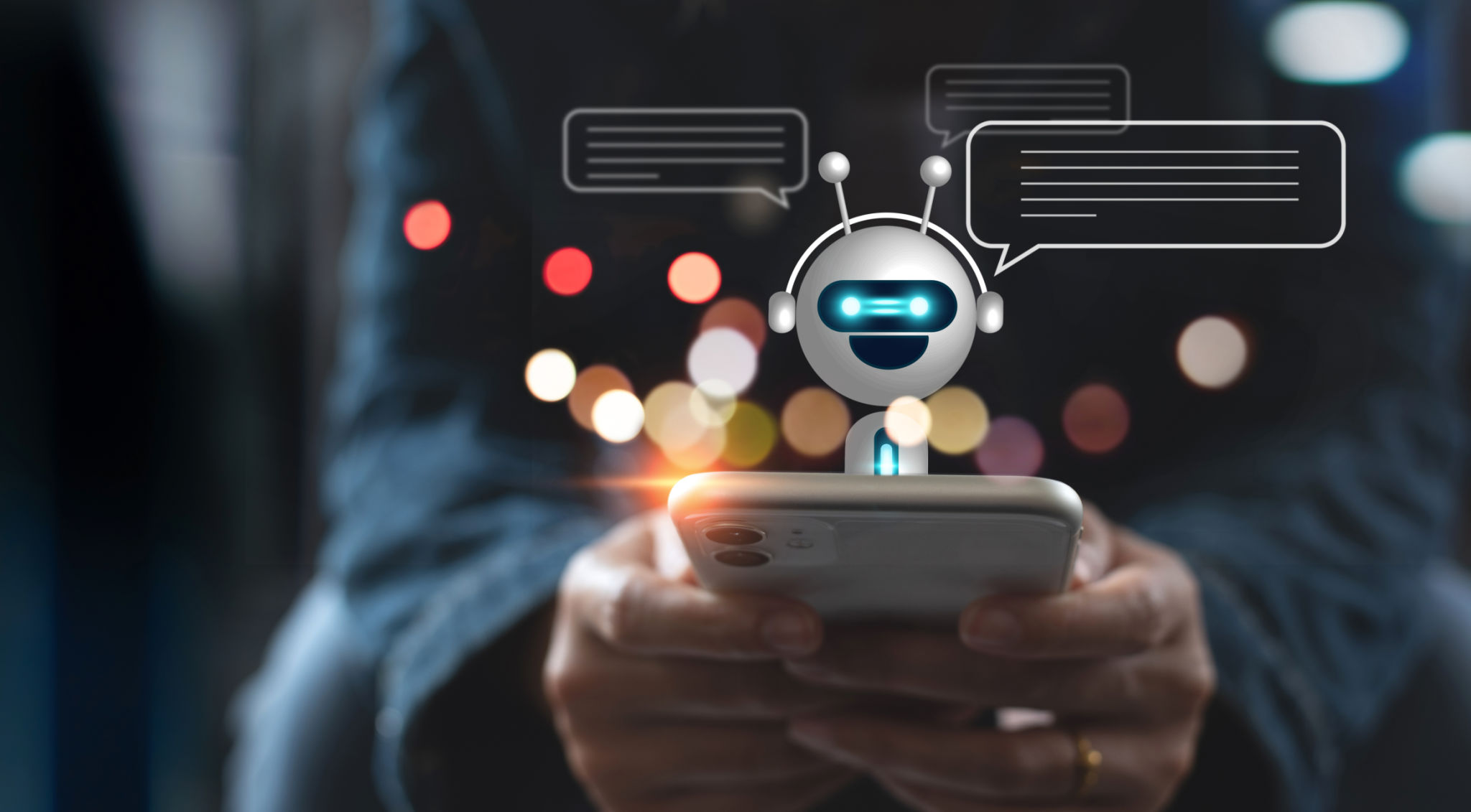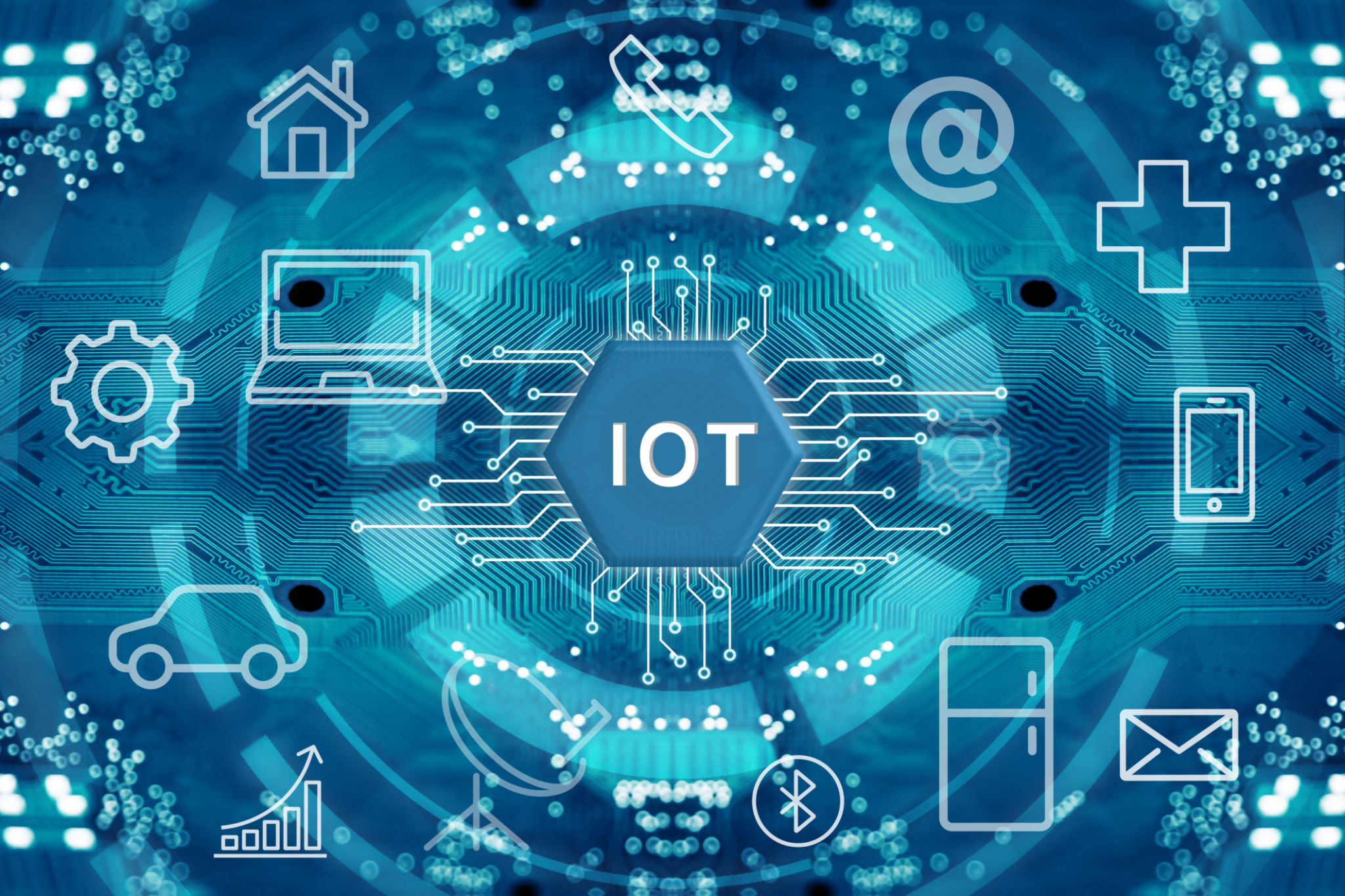The Future of AI Chatbots: Industry Trends and Innovations
Introduction to AI Chatbots
The rapid advancement of artificial intelligence has paved the way for the integration of AI chatbots across various industries. These intelligent systems are transforming customer interactions, streamlining operations, and offering personalized experiences. With continuous innovations, the future of AI chatbots looks promising and full of potential.

Enhanced Natural Language Processing
Natural Language Processing (NLP) has been a cornerstone of chatbot technology, allowing these systems to understand and respond to human language effectively. As NLP technologies evolve, we can expect chatbots to become more intuitive, understanding context and nuances better than ever before. This promises more natural and engaging conversations with users.
Contextual Understanding
Future chatbots will leverage advanced NLP models to grasp context more effectively, enabling them to provide more relevant and accurate responses. This development will enhance user satisfaction and make chatbots invaluable in customer service sectors.
Integration with IoT Devices
The Internet of Things (IoT) is another area where chatbots are making significant strides. By integrating with IoT devices, chatbots can offer seamless control over smart home systems, wearables, and more. This fusion of technologies allows users to interact with their devices using conversational commands, simplifying daily routines.

Personalized User Experience
AI-powered chatbots are increasingly focusing on personalization. By analyzing user data and preferences, chatbots can offer tailored recommendations and solutions, creating a more engaging experience. This trend is particularly beneficial in sectors like e-commerce, where personalized interactions can significantly enhance customer satisfaction.
Voice-Activated Chatbots
With the rise of voice assistants like Alexa and Google Assistant, voice-activated chatbots are becoming more prevalent. These systems provide hands-free interaction, making them ideal for multitasking environments. The future will see voice chatbots become more sophisticated, understanding complex voice commands with higher accuracy.

Applications in Healthcare
In the healthcare industry, AI chatbots are being utilized to provide quick access to medical information, schedule appointments, and offer mental health support. As these systems become more advanced, they will play a crucial role in enhancing patient care and making healthcare services more accessible.
Ethical Considerations and Challenges
As AI chatbots become more integrated into daily life, ethical considerations come to the forefront. Issues such as data privacy, security, and the potential for misuse need to be addressed. Developers and businesses must ensure that these technologies are deployed responsibly, with robust safeguards in place to protect user information.
The Role of Regulations
Governments and organizations are beginning to recognize the need for regulations that guide the development and use of AI chatbots. Establishing ethical guidelines will be crucial in ensuring that these technologies are used for the benefit of society while mitigating potential risks.

